List of MPs elected to the English Parliament in 1660 on:
[Wikipedia]
[Google]
[Amazon]
This is a list of
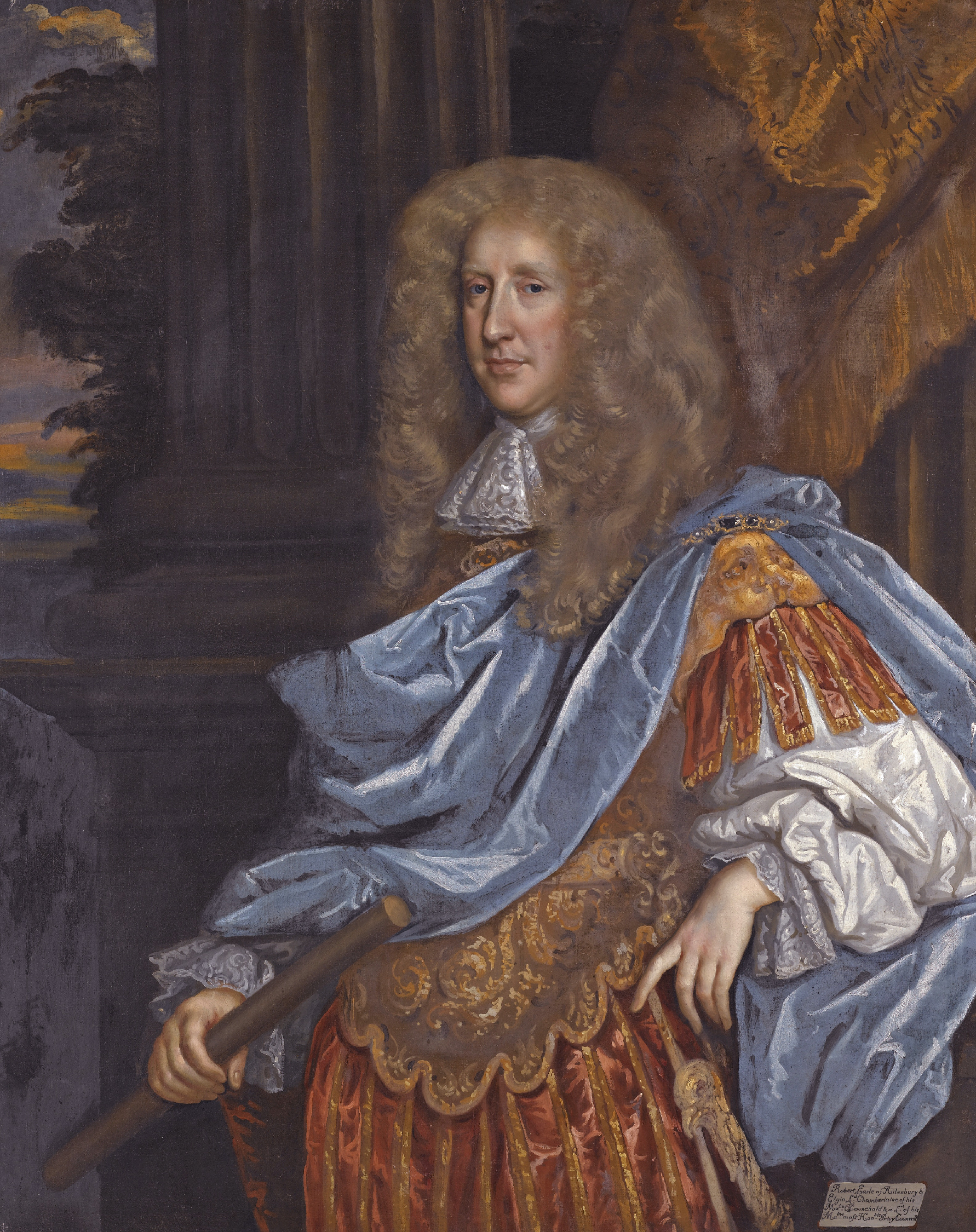

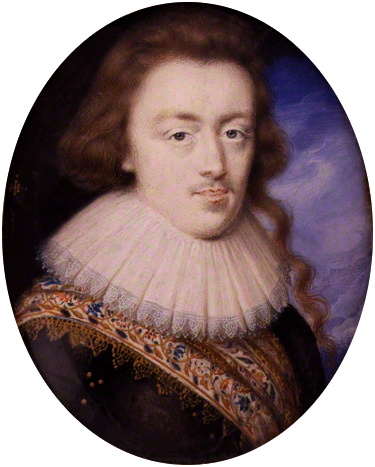


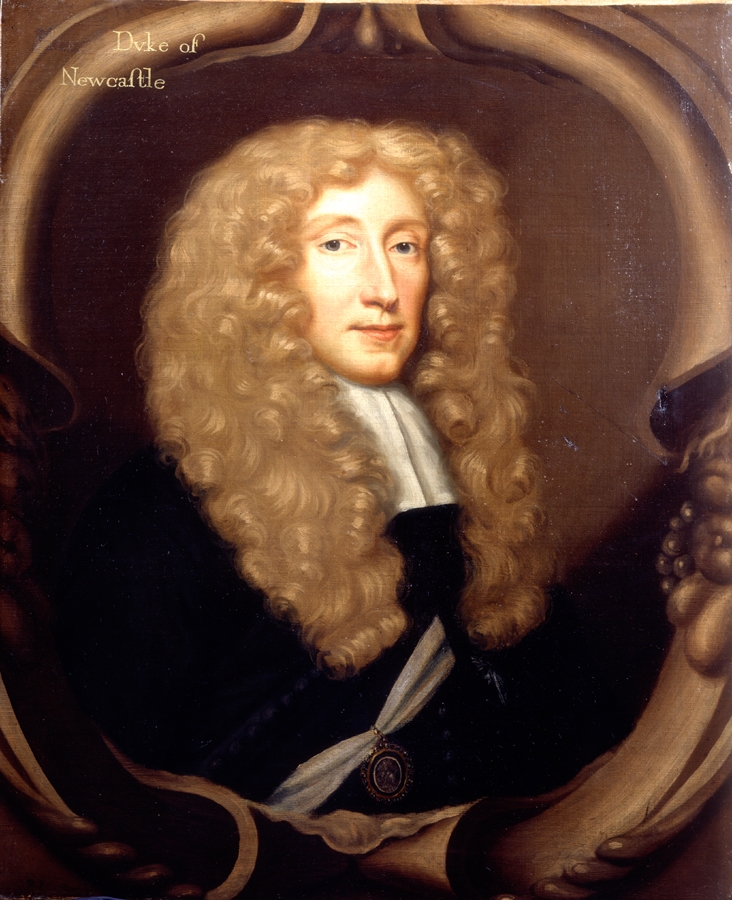







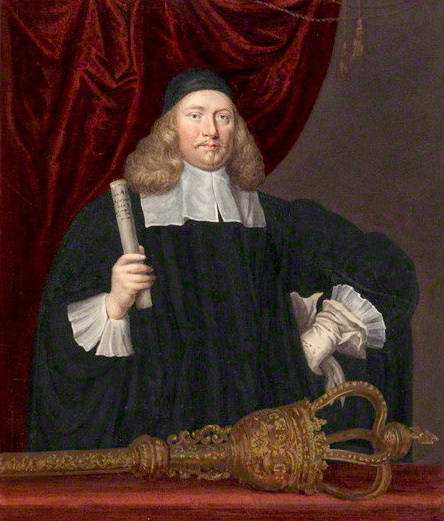


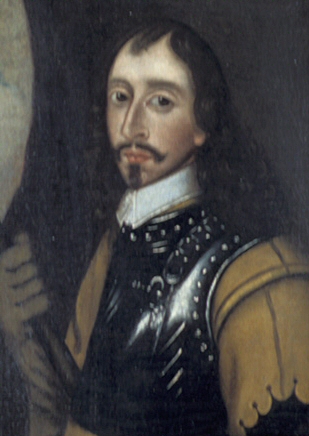








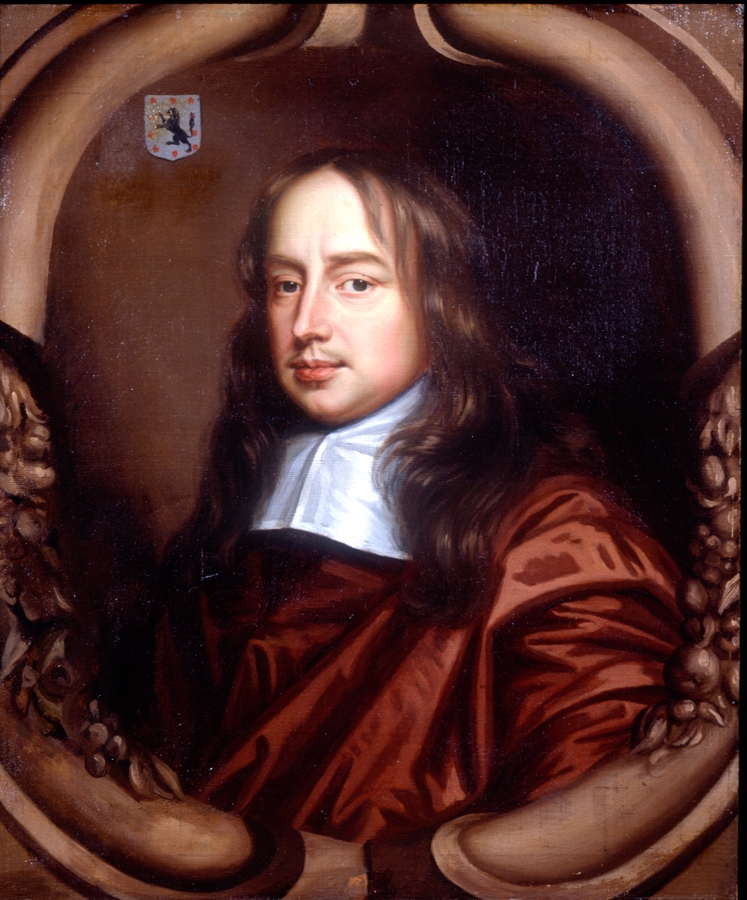
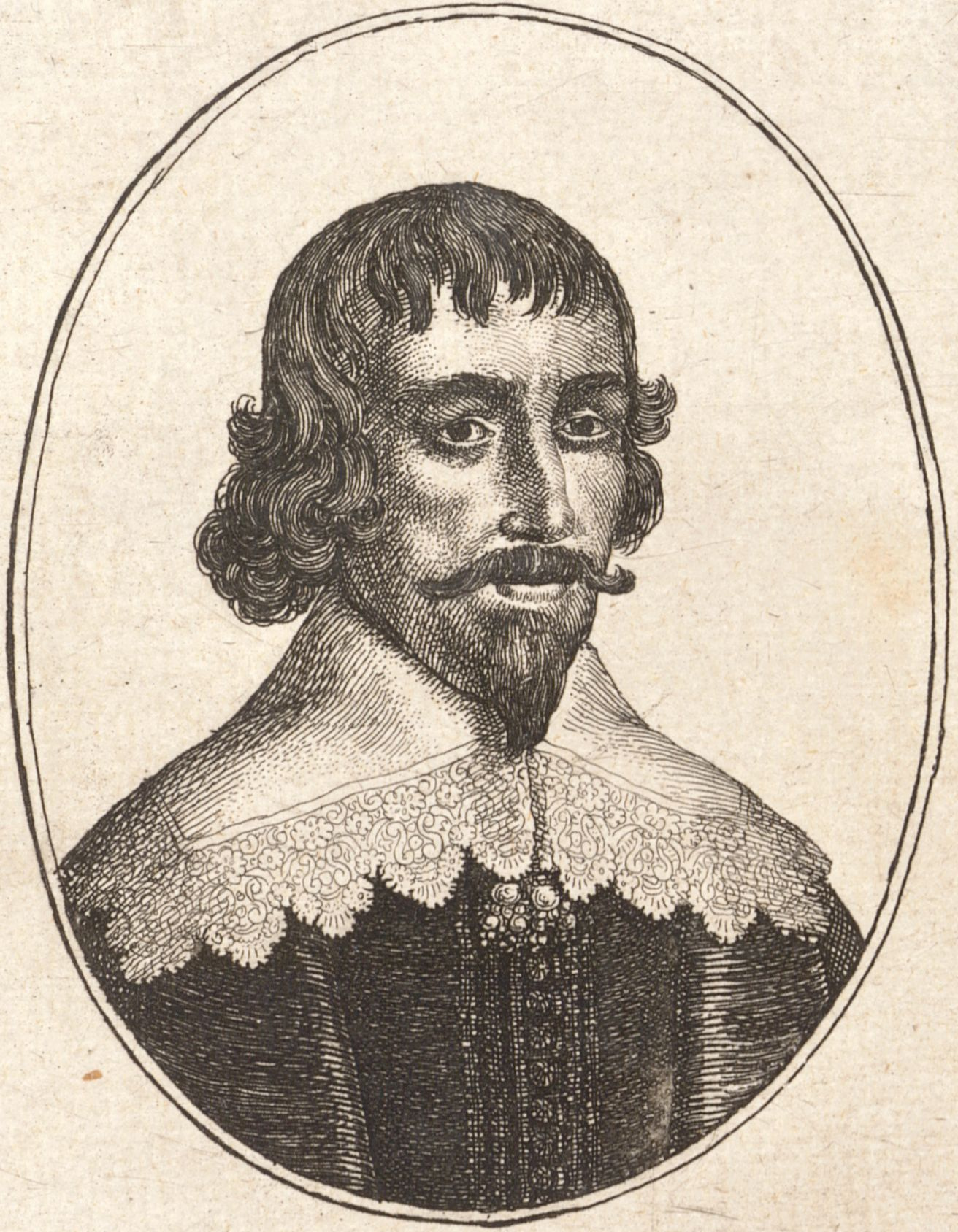

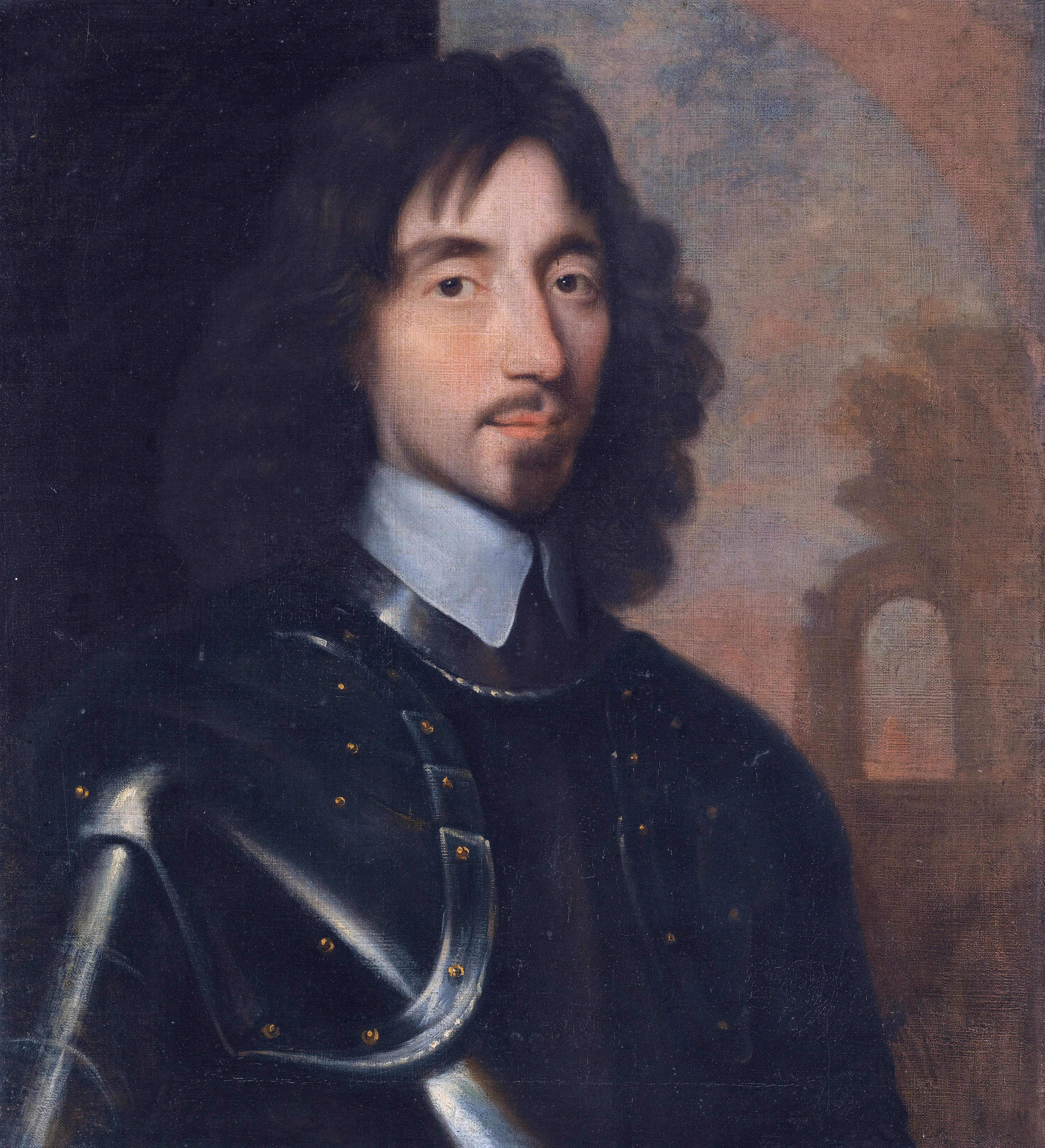




 This list contains details of the MPs elected in 1660.
This list contains details of the MPs elected in 1660.
''Cobbett's Parliamentary history of England, from the Norman Conquest in 1066 to the year 1803'' (London: Thomas Hansard, 1808)
{{reflist 17th-century English parliaments
Members of Parliament
A member of parliament (MP) is the representative in parliament of the people who live in their electoral district. In many countries with bicameral parliaments, this term refers only to members of the lower house since upper house members of ...
(MPs) in the Convention Parliament which began at Westminster on 25 April 1660, and was held until 29 December 1660. It was elected as a "free parliament",''History of England'', Thomas Babington Macaulay
Thomas Babington Macaulay, 1st Baron Macaulay, (; 25 October 1800 – 28 December 1859) was a British historian and Whig politician, who served as the Secretary at War between 1839 and 1841, and as the Paymaster-General between 1846 and 1 ...
pp 109-110 i.e. with no oath of allegiance to the Commonwealth
A commonwealth is a traditional English term for a political community founded for the common good. Historically, it has been synonymous with "republic". The noun "commonwealth", meaning "public welfare, general good or advantage", dates from the ...
or to the monarchy.
The last parliament called by Royal Authority was originally the Long Parliament
The Long Parliament was an English Parliament which lasted from 1640 until 1660. It followed the fiasco of the Short Parliament, which had convened for only three weeks during the spring of 1640 after an 11-year parliamentary absence. In Septe ...
called on 3 November 1640, but subsequently reduced to the Rump parliament
The Rump Parliament was the English Parliament after Colonel Thomas Pride commanded soldiers to purge the Long Parliament, on 6 December 1648, of those members hostile to the Grandees' intention to try King Charles I for high treason.
"R ...
under Pride's Purge
Pride's Purge is the name commonly given to an event that took place on 6 December 1648, when soldiers prevented members of Parliament considered hostile to the New Model Army from entering the House of Commons of England.
Despite defeat in the ...
. There were four intervening parliaments called under the Commonwealth. The restored Rump Parliament had finally voted for its own dissolution on 16 March and summoned the new Convention Parliament.
The Convention Parliament was predominantly Royalist
A royalist supports a particular monarch as head of state for a particular kingdom, or of a particular dynastic claim. In the abstract, this position is royalism. It is distinct from monarchism, which advocates a monarchical system of gov ...
in its membership and called back the King, and restored the Constitution in Church and State. After the Declaration of Breda
The Declaration of Breda (dated 4 April 1660) was a proclamation by Charles II of England in which he promised a general pardon for crimes committed during the English Civil War and the Interregnum for all those who recognized Charles as the la ...
had been received, Parliament proclaimed on 8 May that King Charles II had been the lawful monarch since the death of Charles I Charles I may refer to:
Kings and emperors
* Charlemagne (742–814), numbered Charles I in the lists of Holy Roman Emperors and French kings
* Charles I of Anjou (1226–1285), also king of Albania, Jerusalem, Naples and Sicily
* Charles I of ...
in January 1649. The Convention Parliament then proceeded to conduct the necessary preparation for the Restoration Settlement
The Restoration of the Stuart monarchy in the kingdoms of England, Scotland and Ireland took place in 1660 when King Charles II returned from exile in continental Europe. The preceding period of the Protectorate and the civil wars came to b ...
.
List of constituencies and members
































 This list contains details of the MPs elected in 1660.
This list contains details of the MPs elected in 1660.
See also
*List of MPs elected to the English parliament in 1659
This is a list of Members of Parliament (MPs) in the Third Protectorate Parliament under the Commonwealth of England which began at Westminster on 27 January 1659, and was held until 22 April 1659.
This Parliament was called by Richard Cromwell ...
References
*''Cobbett's Parliamentary history of England, from the Norman Conquest in 1066 to the year 1803'' (London: Thomas Hansard, 1808)
{{reflist 17th-century English parliaments
1660
Events
January–March
* January 1
** At daybreak, English Army Colonel George Monck
George Monck, 1st Duke of Albemarle JP KG PC (6 December 1608 – 3 January 1670) was an English soldier, who fought on both sides during th ...
1660 in England
*